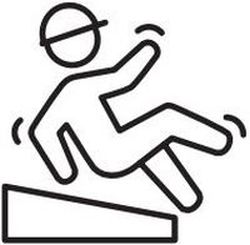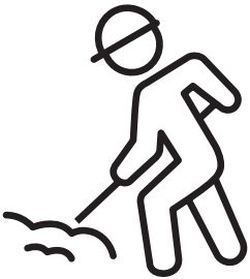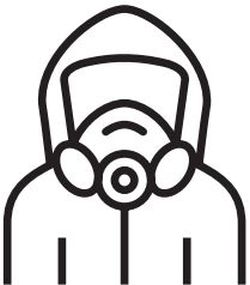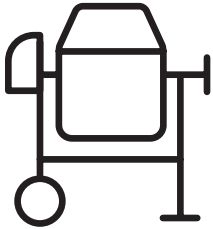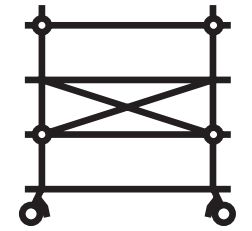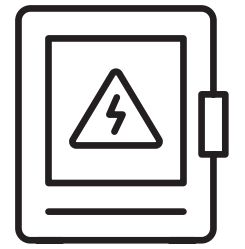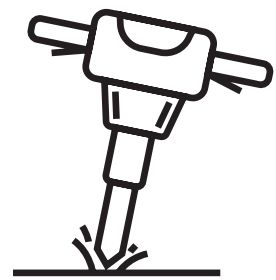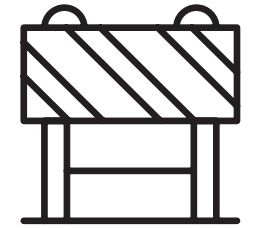Working in your home
Keeping you safe while we work in your home
At the start of any construction work the contractor will identify safety risks. They will provide you with clear advice and guidance on potential hazards and how they can be avoided.
The contractor is responsible for reducing risk and control hazards while they carry out planned works in and around your home.
The contractor will have a local Tenant Liaison Officer who you should contact first if you have any concerns.
Typical hazards associated with construction
What temporary arrangements will be put in place to help tenants continue their day-to-day lives?
The contractor will talk to you before any work starts to see what impact it will have.
If needed, temporary accommodation can be provided where any disruption would be considered high risk, due to the work involved.
Alternatively you may be able to stay with friends and/or family while the construction work is taking place.
We will work closely with you during any construction work to ensure that you have safe access to your bathroom, kitchen and other areas of the property.
Keeping you safe
Please follow all safety instructions and guidance provided by the contractor, including for any work being carried out within or close to your home.
The Housing Executive has a legal obligation to ensure you are kept safe during any construction work.
We would also ask that you please follow any instructions or guidance from the contractor so that they can meet their legal requirements.
Who do I contact if I have any concerns about the construction work?
The contractor will provide you with contact details of the person to contact should you have any concerns about the work being done.
These contact details will include a 24/7 telephone number that you may call during the construction work.
The contractor will also display their details on their site security fencing at their compound and also at the property they are working at.
Housing Executive Contacts
If you continue to have any health and safety concerns you can contact our Customer Service Unit by:
Tel.: 03448 920 900
Or you can contact your local office. Further information and contact details are available in our section:

